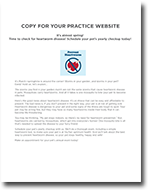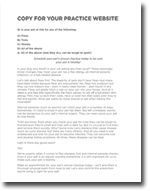Hairballs, Hacks, Gags, and Gas: Learn why you should schedule your pet’s annual checkup today!
When you’re a pet owner, you know all the benefits of living with a furry friend in your home. Wet kisses, happy tail wags, loud purrs.
Did you expect hairballs on the carpet? Partially digested garbage strewn all over the floor?
Did you expect your pet to belong to the “Speed Eaters Anonymous Club,” where they eat so fast it comes right back up?
Like many pet owners, you may assume these digestive ailments just happen. You may assume they’re normal and chalk them up to coming with the territory of living with a pet. Perhaps they’ve become regular occurrences that you simply handle with mild frustration. Overall, no worries, you say!
The important thing to know is that many seemingly “normal” digestive problems are best to be checked out by us. We know there’s a lot of information on the Internet you can read, but nothing replaces a face (yours) to face (ours) to face (your furry buddy) visit with us.
When you schedule your pet’s yearly checkup, we can discuss and answer all of your questions. During the checkup, we’ll perform a “hands-on” inspection of your pet’s abdomen by feeling each of the organs and evaluating the shape, size, and position. We’ll listen through a stethoscope for any abnormal gut sounds. We may want to take a look at your pet’s poop to check for parasites and harmful bacteria. It’s all about digestion and it’s how to keep your pet healthy!
Schedule your pet’s yearly checkup today. Let’s determine what’s normal and what’s not when it comes to your pet’s digestive tract.
Just think, after your visit, you may never have to clean up a hairball ever again.













